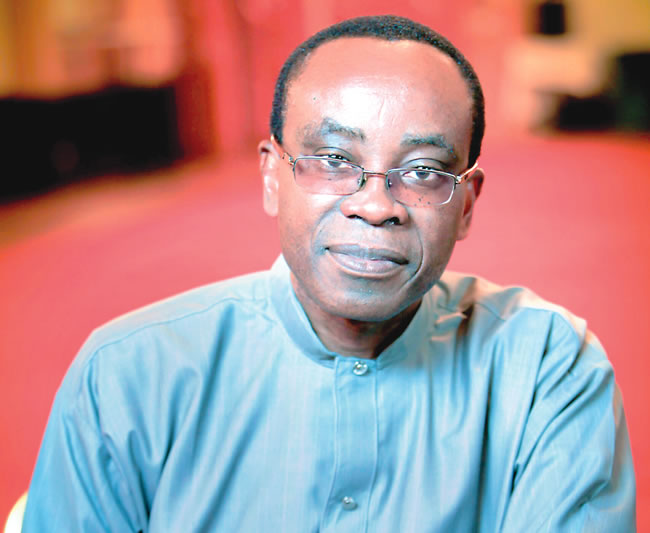
IT is good to start on an exciting assertion, as exciting as its yellowish cover, that ‘I See the Invisible,’ a collection of poems by globally renowned environmental activist and writer, Dr Nnimmo Bassey, is by far his best poetry collection. And it is his seventh, by the way.
It is a known fact that not too many people fancy poetry because of the obscurantist tendencies of most poets but this is a book that will hold you spell-bound be you a poetry lover or just a random reader in an impatient world.
This is due to the freshness of ideas, the authenticity of the issues, the simple yet creative lines and sheer melody of the entire presentation in Dr Bassey’s latest literary offering.
They are not only poetry lines, the lyrics can be put into danceable and unforgettable music– a genre of music that probes the human condition, questions and demands accountability of the powers that be with every dance step.
As with previous collections, the poems in ‘I See The Invisible’ are a meditative and creative documentation of the views of an activist, a non-violent and sometimes angry yet subdued commentator on the violent crushing of the environment and the equally crushing effects on its people’s lives and livelihoods-from the Niger Delta to the far-flung regions of the world where minerals resources which should normally bring about riches and elevation to the communities under which they are found have generally become a harbinger of death and destruction.
Naturally, fossil fuel extractivism which has been his main preoccupation in over three decades of relentless activism are the dominant themes of most of the 133 poems in the book.
In addition are poetic thoughts on food sovereignty (food rights), another activism passion of the poet and other issues bordering on gratitude, love and sheer admiration of mother nature.
Divided into six parts and published by Daraja Press, Canada, the various subsections in the collection are: “Our Soul”, “Our Inspiration’, “Our Sight’, Our Fight”, “Our Time” and “Our Mind.”
In so many ways, the poetry book and the poet himself embody hope for a desecrated land.
Not only is he a voice crying in the wilderness like the Biblical John the Baptist, decrying the environmental and human injustice perpetrated in Nigeria and across the world where he has become a major force to reckon with, he is also a voice for hope.
He symbolises the fact that the oppressors cannot get perennially away without being questioned and brought to book by the sons and daughters of the land with the help of education and activism, the empowerment which they bring to illuminating others through books such as this and community engagements such as the one we are holding today.
Though starting on an angry note, it is calming that the poet yet “Sees the Invisible.” And hope keeps dreams and aspirations alive; the hope for a sane and livable environment not only in Nigeria but in every corner of the world, where corporate powers and greedy anti-people governments hold humanity hostage particularly the poor and powerless of the planet.
There is no faulting this attractive book in anyway. It is an excellent production, as excellent as the mind behind it.
- Abah is a literary enthusiast.
ALSO READ: FRSC warns motorists against storing extra fuel in vehicles
Source: